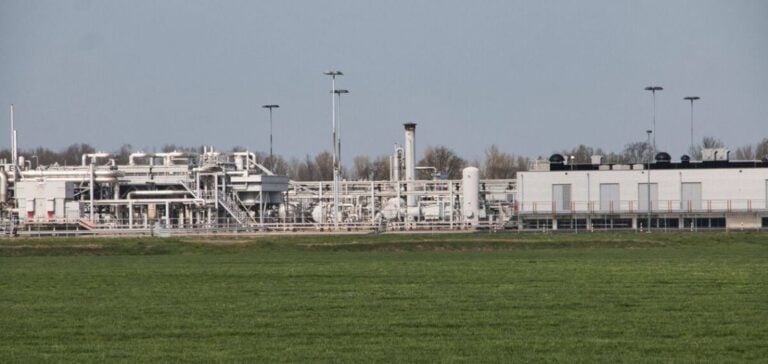The Groningen deposit, which has been in operation since 1963, has been the focus of intense debate due to the earthquakes affecting the local population. These earthquakes, although of low magnitude, caused significant damage to local buildings. The final shutdown, scheduled for October 1, 2024, marks a response to the political and social struggles of recent years. This deposit, the largest in Europe, has long been a major source of natural gas, but also of tension.
Political and social implications
The firm announcement of the closure of the valves comes after years of uncertainty. Dutch authorities have kept operations to a minimum, anticipating harsh winters and recent geopolitical tensions, notably due to Russia’s invasion of Ukraine. This decision not only raises questions about national energy security, but also fulfils a moral debt to the people of Groningen.
Reactions and outlook
The local community greeted the news with a mixture of relief and bitterness, as expressed by Groningen Bodem Beweging (GBB), a local campaign group. While some residents are relieved, others remain skeptical about the cessation of earthquakes and the management of compensation. Compensation policy and infrastructure reinforcement remain major challenges for the government, as it strives to reconcile compensation and energy transition.
Stopping gas extraction in Groningen could have major economic repercussions, especially for the local energy industry. However, it also represents an opportunity for the Netherlands to move towards more sustainable energy sources. This transition is in line with global objectives to reduce greenhouse gas emissions, and can position the country as a leader in the responsible management of natural resources.






















